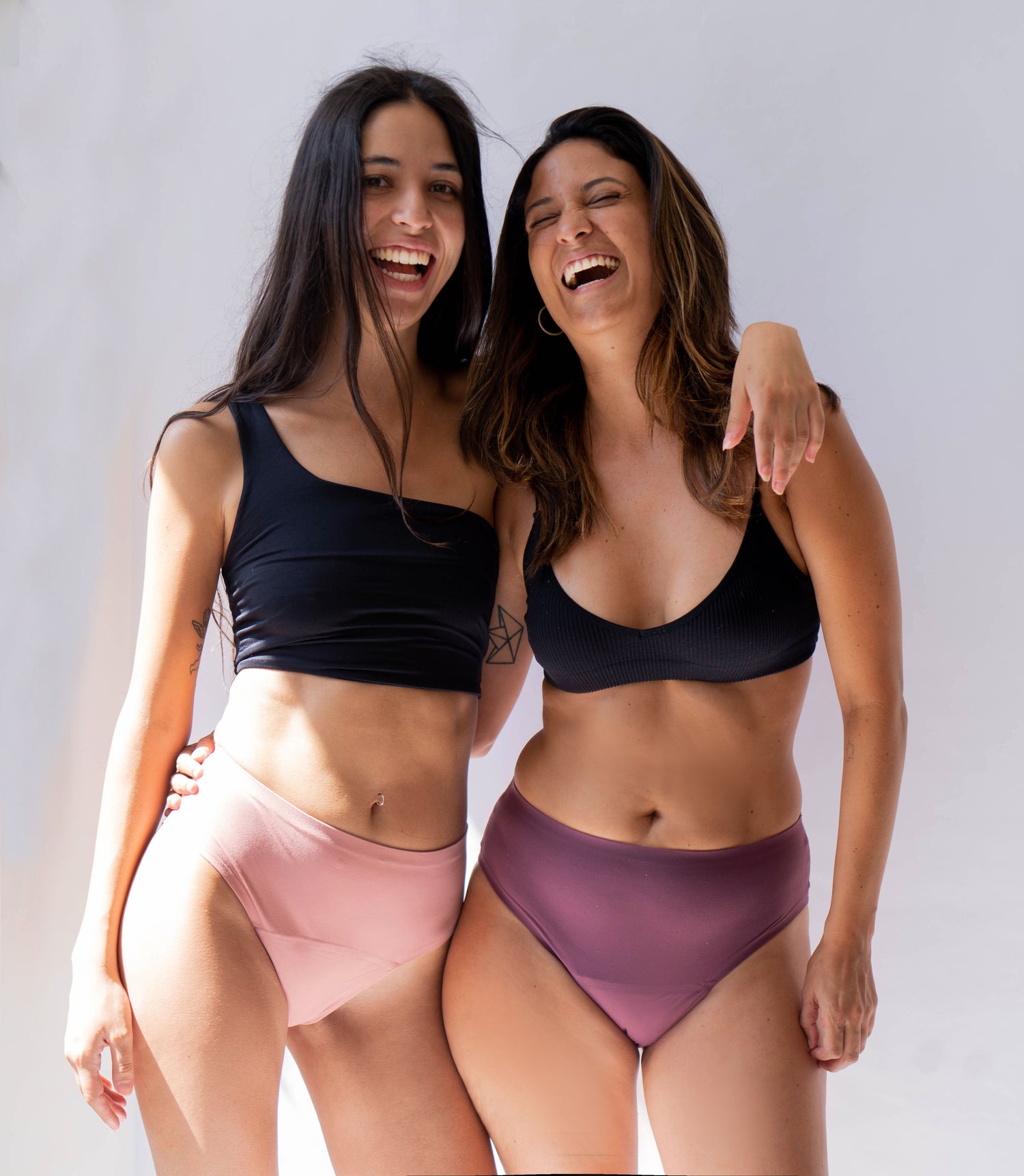Photo credit: Peter Caton/CARE
We're so happy to share the following update with you because a big part of making this project happen was your Ruby Cup purchase and donation.
For the past months, WoMena and CARE (relief) have been collaborating on a menstrual cup pilot project in Imvepi Refugee Settlement in Uganda.
The goal was to improve the ability of female participants to safely manage their menstruation with a Ruby Cup and to improve knowledge and perceptions around menstruation in the community.
The challenge of menstruating in a refugees settlement
Everyday life is already challenging in Imvepi Refugee Settlement in Uganda. But even more so if you have to take care of a monthly period.
This pilot project was integrated into CARE’s gender-based-violence sector programs in West Nile, where CARE collected information that brought forward just how deeply the lack of access to menstrual products affects girls and women.
They heard about married women being beaten by their husbands because they cut up blankets to make pads to help manage their periods and that girls engage in transactional sex to buy pads.
Many reported how the lack of period product options prevents women and girls from “living” normally as they have to “sit in the sand” and wait when they have their periods.
Others in the refugee camp see no other option but to sell their food ration to buy cloth that they can accommodate into a bulky pad-alternative.
Viola, one of the 100 girls that received a Ruby Cup, had to do just that before receiving a Ruby Cup.
Menstrual health management training with WoMena
WoMena trained the 100 participants to safely and effectively manage their menstruation with a Ruby Cup.
The training also taught them about their reproductive health, menstruation cycle length, and anatomy. In fact, this was the very first time Viola had ever been taught about these subjects.
Engaging posters designed by CARE Uganda staff member Brandi Murley helped the participants to understand the benefits of using a menstrual cup.

It's not just the scarce water resources that put using a Ruby Cup at the advantage for refugee girls and women, but also the fact that drying a freshly washed pad is challenging as it is perceived as highly shameful to hang them up to dry, putting them at risk of using damp pads causing infections.
The pilot project was a success - and not just for women
Viola reports that she now feels more self-confident. She actively participates in youth meetings, plays football and can walk long distances to get her food ration without having to worry about an odor coming from her cloth or a leak.
87% of the women involved in the pilot taking up the use of menstrual cups as their preferred choice.
And it didn't stop there! A big part of the project was also to engage men in households to better understand menstrual management and foster empathy instead of rage.
“I have understood that this [menstruation] is not a disease. Before I used to see it as something very bad, but nowadays, no problem.” Role Model Man (Imvepi)
Changing deeply-rooted perceptions about periods takes time and needs to involve not only those experiencing menstruation, but educate the entire community on what it means to have a period and how to manage it. Only then can those efforts be met with progress, as shown by one of the role model men quoted above.
And remember Viola? We talked about her a few paragraphs above. CARE Uganda staff member Tara Agaba based her main character on her for an empowering comic, where Tara portrays the rough journey refugee girls and women have to face.
With her newly gained knowledge and period product, Viola has become a Champion Of Menstruation! She’s already passing on what she learned and is helping her peers to manage their menstruation more confidently too.

"Viola The Valiant", empowering cartoon drawn by CARE Uganda staff member Tara Agaba
The pilot project is funded by the European Civil Protection & Humanitarian Aid Operations - ECHO
 Your Account
Log in
Your Account
Log in
 Basket
Basket

